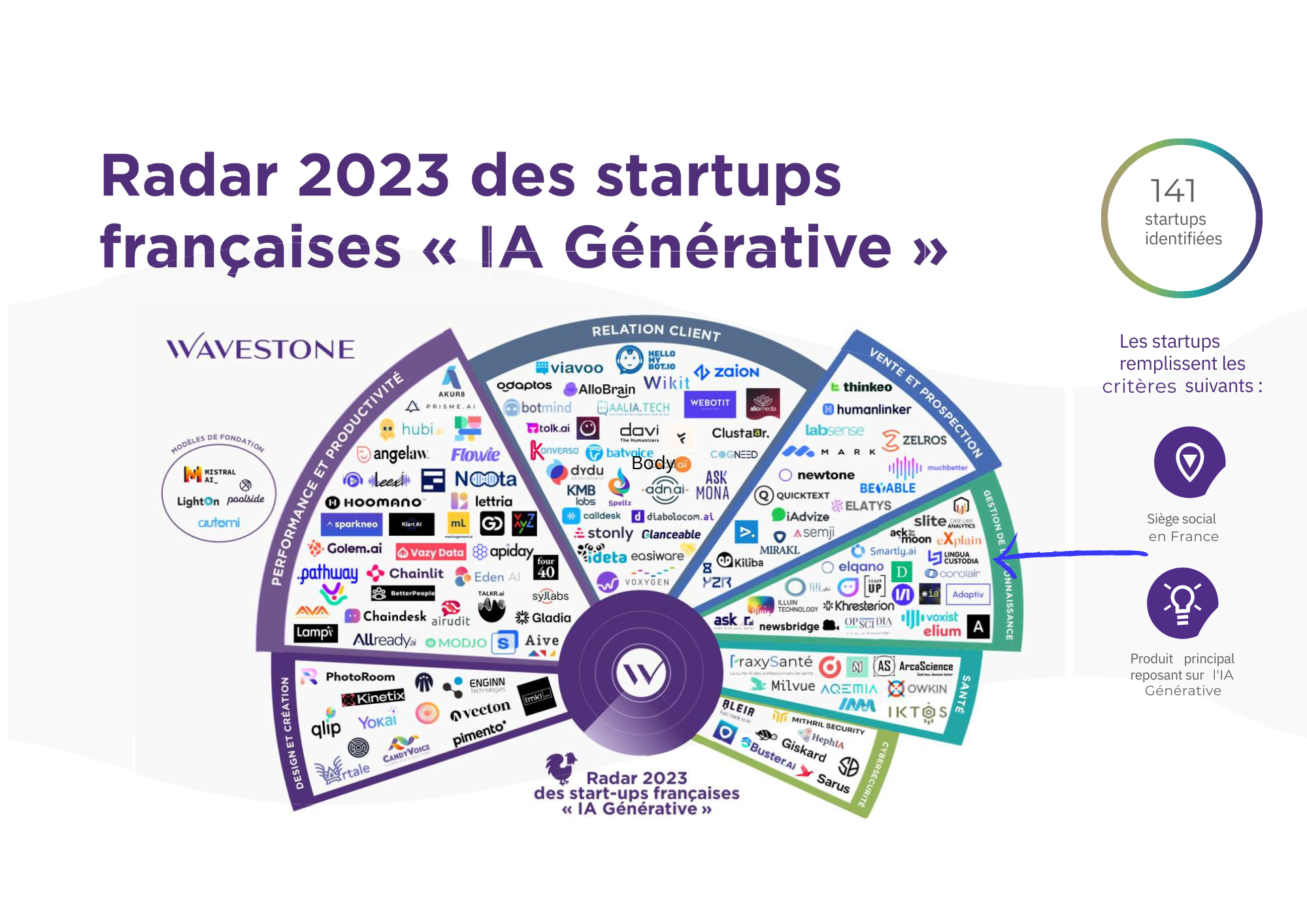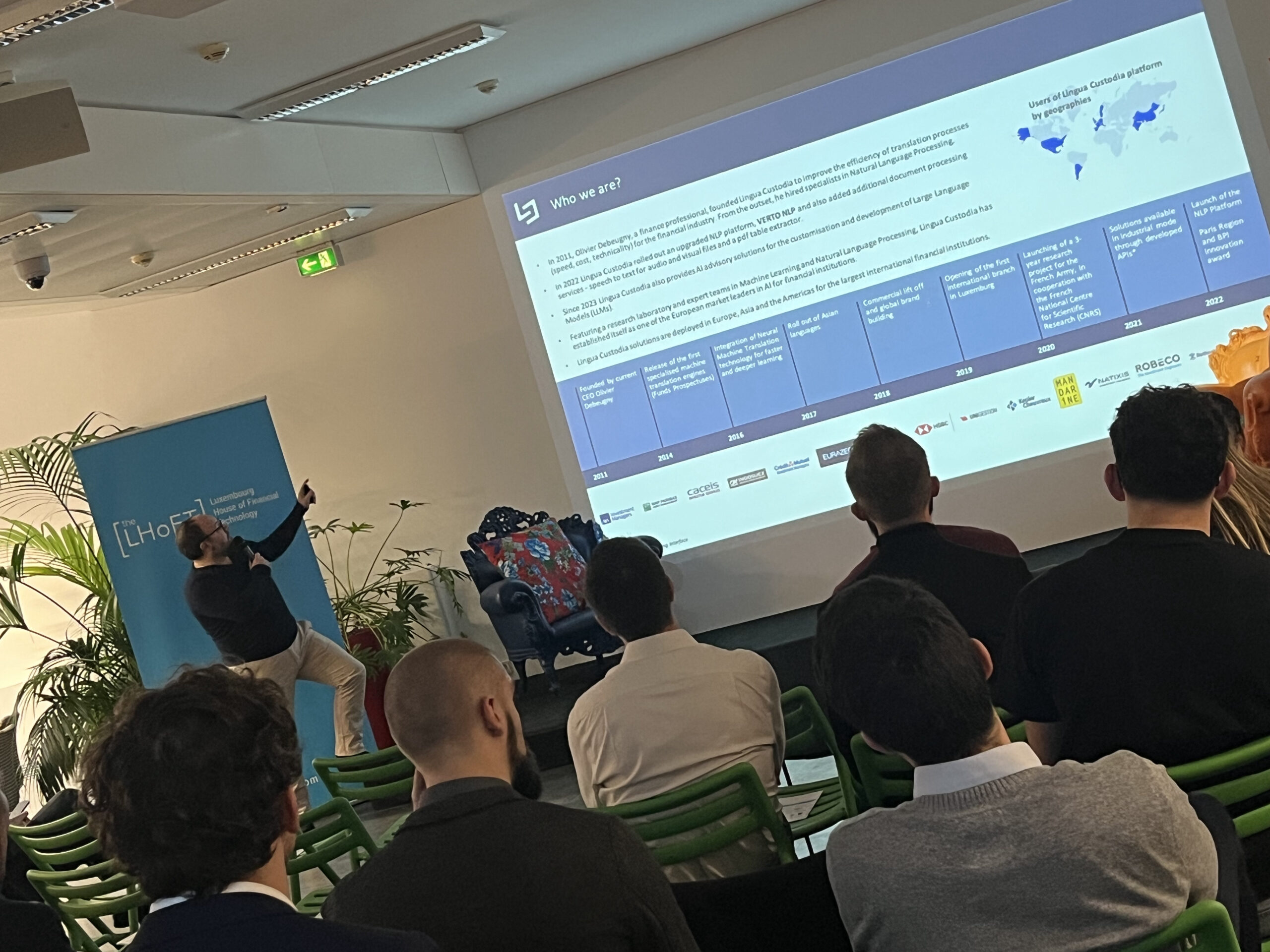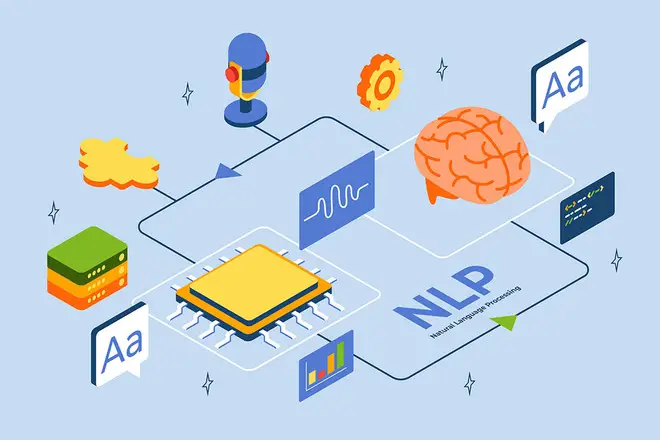
Why AI will not be replacing humans anytime soon!
The last 18 months has seen dramatic developments in the arena of Artificial Intelligence (AI). The emergence of Large Language models such as ChatGPT, which can analyse, respond and generate text was a major event. This then led to the rapid emergence of other models, focused on sentiment analysis, image and voice recognition.
This has understandably led to concerns about the impact of these innovations on the human workforce. Will AI innovations make humans redundant?!
At Lingua Custodia, we feel strongly that the response is no. These technologies will boost productivity and create new job opportunities. AI is to be embraced rather than feared!
AI and humans learn differently
Large language models use queries or prompts, based on mathematical formulas to process and identify patterns in a huge volume of data. These prompts are then converted to text outputs.
These models learn by correlation, so for example, they can link 2 variables – such as studying and grades, but a human brain learns by causation – that the change in one variable can impact the other one – so if you study, you might get better grades, whereas if you do not study, your grades might suffer.
So, AI and human brains do not learn in the same way – they are different. The AI may well be able to process huge volumes of data faster than a human brain, but the human brain can identify causation as well as adding layers of creative thought, consciousness, and ethics.
AI should be used to boost productivity
Future job roles will use AI to as a tool to boost productivity. So, an engineer might use AI to check their code for potential errors. In terms of the financial industry, which is championing AI, it can be used to identify risk, rapidly analyse investment opportunities and optimise client services through the use of chatbots.
The Lingua Custodia platform which is specialised for the financial services sector, contains several AI technologies which are all focused on adding value for our clients. Our secure platform allows the rapid communication, extraction and analysis of data in different languages. For example, machine translation technology translates documents and text within seconds, while our Document Analyser, rapidly extracts key data from large pdf documents.



